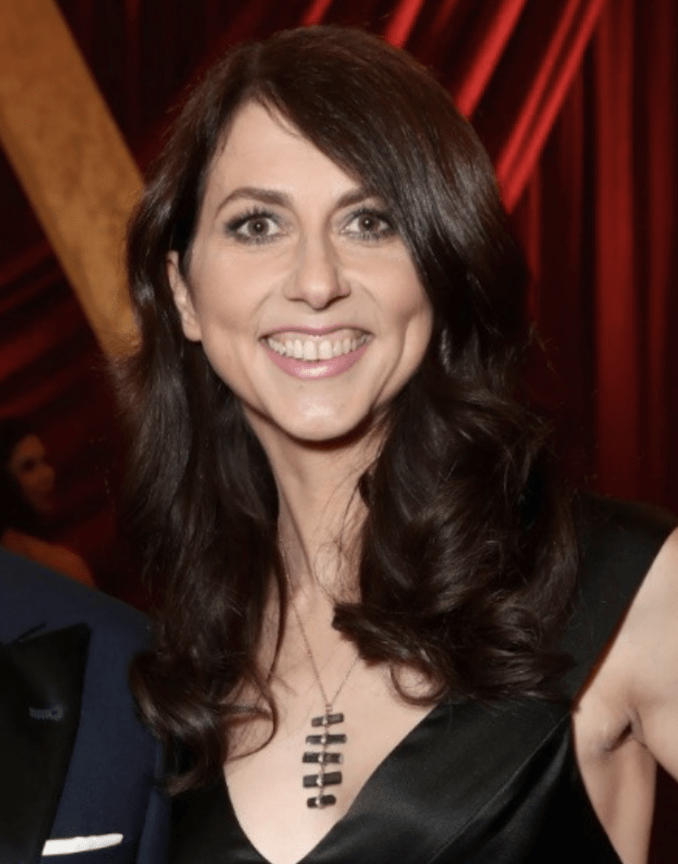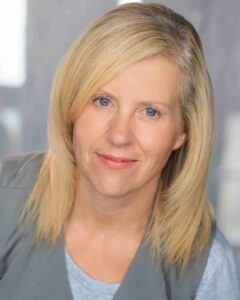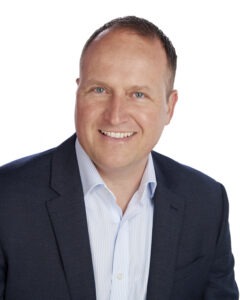
“It is more difficult to give money away intelligently than to earn it in the first place”
I’m not sure I agree wholly with this famous quote from one of the world’s best-known philanthropists but it expresses a sentiment with which many can identify. That we want our personal giving to make a real difference in the world and that it’s often hard to know how to do that well.
It’s easy to get stuck on what is and what isn’t philanthropy, so let’s deal with this before we move on.
Yes, its etymology is in the Greek ‘love of humanity’. Yes, it’s historically often associated with super-rich western, white men who are either dead and well-known (Carnegie and John D. Rockefeller for example) or alive, associated with the tech industry and well-known (Gates, Bezos, Zuckerberg and co). And yes, it’s probably helpful to make some distinction between charity and philanthropy.
Whilst both are a form of private action for public good, charity can be thought of as more impulsive and emotionally driven, short-term in nature and perhaps responding to a public appeal or requests from networks to support a particular cause. Philanthropy is usually thought to be more strategic, considered and taking a longer-term approach that seeks to make meaningful change and address the root causes of issues if it can. Of course, both are critical to a well-functioning civil society.
There are also numerous different approaches people and institutions might take to philanthropy: cheque-book philanthropy; citizenship philanthropy; wholesale philanthropy and venture philanthropy are just some. Impact investing and participatory grant-making too. Some approaches are now virtually movements themselves, such as Effective Altruism or the Patriotic Millionaires.
But as the world moves on so does philanthropy.
Today, I would argue that anyone who thinks deeply and considers how they can best deploy their time, their talent or their treasure to create social impact should be considered philanthropic. So, this includes the many thousands of inspiring volunteers who give their time and expertise each week to our local community groups. For example, by helping at food banks or giving expert advice on benefits with their local citizens’ advice bureau.
And wealthy tech bros don’t have the monopoly on being strategic with their use of capital to address social goals. Indeed, they’re not always very good at it. The command & control, top-down approach suitable for a Silicon Valley start-up doesn’t translate well to the messy, real world of non-profits and social impact.
By contrast other voices and methods are now coming to the fore.
Mackenzie Scott has given away billions of dollars to non-profits around the world since 2019 with $2.15 billion to 360 organisations in 2023 alone. She does it quickly, over multiple years and largely without restriction on use, recognising that those doing the work know how best to use the funds.

Mackenzie Scott
What could loosely be called ‘community philanthropy’ is also on the rise. Taking one example from thousands around the world, in Nepal, Tewa, is a community of several thousand ordinary women, pooling their resources to transform the lives of other women and the most vulnerable in their communities.
Another is the ‘soup’ model which started in Detroit and has now spread around the world including to Sussex. You pay a few pounds to enjoy a bowl of soup in a community venue, network, hear pitches from within the community, cast a vote and the winning pitch takes the pot.
These different models and approaches aren’t mutually exclusive. But you might still need help and advice to ‘do’ philanthropy well. Which brings us to Charles Dickens…
Was Dickens the UK’s first philanthropy advisor? The famous Victorian novelist and depicter of the urban poor worked closely advising Angela Burdett-Coutts, a wealthy heiress of the fortune from her grandfather who was former Senior Partner at the famous bank. Angela had the capital and the power to spend it but her status as a woman in Victorian society prevented her from accessing the information required to do so well. Dickens supported her with this, researching need, presenting ideas and even directly managing projects such as Urania House, a home for former prostitutes and their children. Coutts estimate that with Dickens’ help she gave away at least “£350 million in today’s money” and was also key in setting-up the NSPCC and Royal Marsden specialist cancer hospital.

Angela Burdett-Coutts
Very few of us have access to the capital that Burdett-Coutts did yet the need for some help and advice in giving well can be just as compelling.
At Sussex Community Foundation we meet people every week who want to put something back into the community in which they live and work but aren’t sure what route to take. We are here to help.
Sometimes they are passionate about particular causes such as homelessness or supporting children & young people but need advice to navigate a complicated sector so any financial support makes the biggest difference possible.
Often, people want to hear from us what the local challenges are in Sussex. Here our deep connections with the voluntary sector and research such as Tackling Poverty are invaluable in sharing stories and providing an evidence base for effective decision making. This can really help with the move towards a more strategic approach with philanthropy.
Ultimately, our mission is to champion and enable all who want to make a positive contribution to our local area through effective philanthropy and community action. We believe in the power of community and if you do too let’s talk.
by Stephen Chamberlain, Head of Philanthropy



